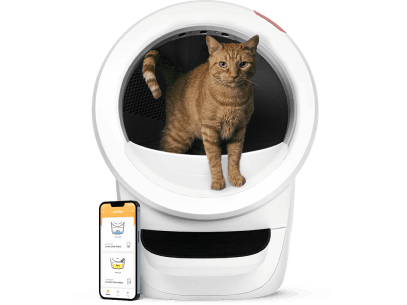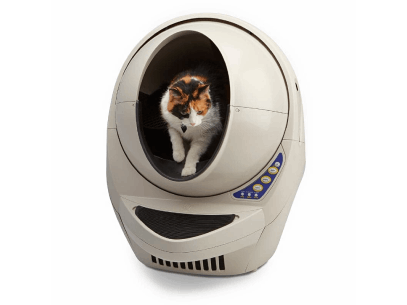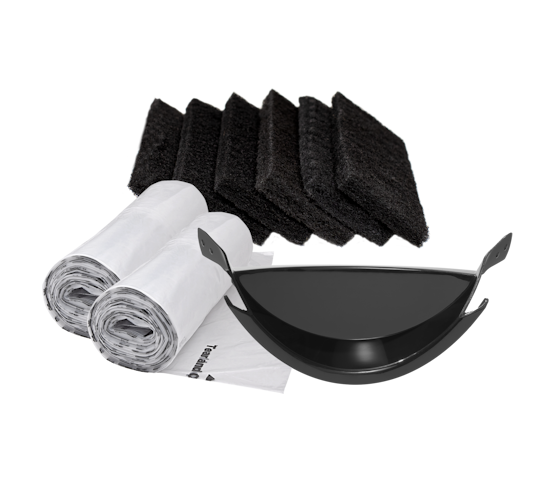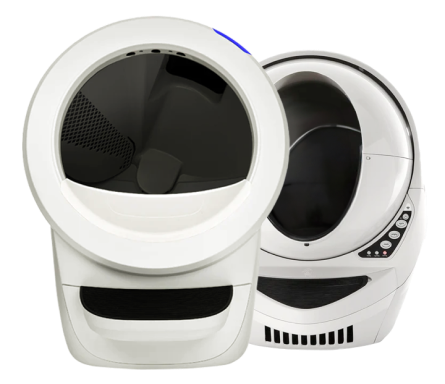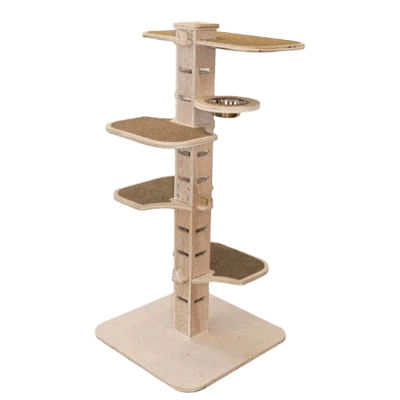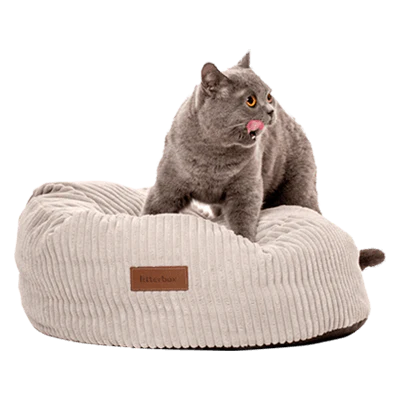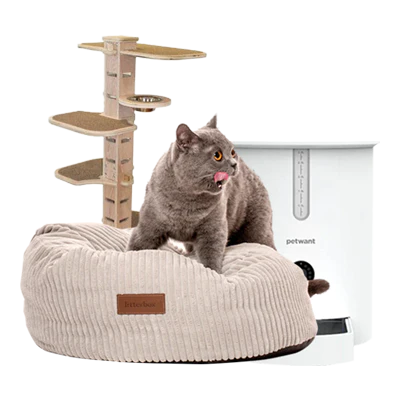Soft fur, beautiful eyes, soothing purrs.
It is bliss to own this four-legged beauty. Cats are considered to be low maintenance pets that can be left alone for extended hours. They are mellow and fit well in today’s bustling lifestyle. BUT your cuddle partner suddenly gives you the worst nightmare when you find your bed soaked with urine. At that moment, you cannot stop yelling at those beautiful whiskers but a cat peeing on inappropriate places is not purposely doing so. In fact, it is signaling that there is a problem that needs immediate attention. Let’s identify the causes associated with this behavioral change in your feline.
Medical ailment:
The very first thing that needs to be ruled out is any underlying health issue(s) that might be contributing to litter box aversions. Urinary tract infection, diabetes and kidney stones are some of the common ailments that cause an inability to make it to the litter box or an aversion towards using the litter box. Make an appointment with your veterinarian at your earliest opportunity for a medical workup and preliminary advice. A physical exam including urinalysis and other diagnostic tests must be performed. Once your feline gets a clean chit from the veterinarian, look for other possible causes.
Stress and anxiety:
Stress and anxiety take their toll on feline behavior. Both social and environmental stressors cause hormonal and chemical imbalances commonly referred to as idiopathic cystitis i.e. inflammation of the bladder with an unknown cause. Social stressors like addition of a new family member or a pet is always disturbing for your kitty. A multi-cat household is prone to mild as well as serious disputes over status, territory and resources thus resulting in inappropriate behavioral traits.
Change in the household:
Have you got a new job, a new baby or a new cat? If yes; then your cuddle buddy is going to resist change in its own unique way. Cats like stable environments and are highly unwelcoming to changes and new additions. A feline thrives best in a predictable and controllable environment. Any changes in the household no matter how minor they appear to you can result in house soiling behavior. A feline needs time to adjust to change and during this period, it needs attention and support from its human master. Therefore, never let any changes in the household affect the feeding and play time of your feline until it gets accustomed to new faces or routine.
Cat litter issues:
Your choice of cat litter might not be appealing to your fur haired beauty. Your preference for a particular type or brand of litter might be detestable for your feline. Always choose a cat litter that is highly absorbent because cats are hard-wired to hide the scent of their feces. Make sure that the litter is soft, absorbent and clean otherwise you are sure to have soiling incidents.
Litter box issues:
A litter box is just like a restroom for your kitty. It needs an isolated and private place to defecate.
There are multiple litter box issues that contribute in house soiling especially your bedding. A litter box might be placed in a busy and noisy area disturbing your feline’s privacy. Cats like litter boxes in isolated places but at the same time, they avoid visiting places that are very dark especially if it is a multi-pet household. Furthermore, litter box cleaning issues also make your feline avoid the litter box. It is highly recommended to clean the litter box daily and put fresh litter at least once a week. Worn out litter trays must be replaced regularly. The shape and size of the litter trays are also significant. They should be shaped properly with enough depth and space so that the cat can turn freely. The size of the box should be one and the half times the length of the cat excluding its tail. And lastly, never place the litter box near food and water bowls because this is against the nature of the cat, with preference to eat and drink away from the toilet area. Observe the needs of your feline and address the relevant issues to avoid stinking beds and surroundings. Switch to fully automated cat toileting systems for their ease of use and convenience, and both you and your cat can enjoy a better restroom experience.
Cat feeling insecure:
Cats need safe and soothing surroundings. A feline that is fearful of its surroundings is likely to act nervously and one prominent sign of a nervous cat is a change in its littering habits. Cat behaviorists advise feline masters to ensure a safe home for their fur beauties. It is highly discouraged to scold or punish a kitten or a cat when it is near or in a litter box because this can develop a negative association with the box. Therefore, litter box should never be used as a place to administer medicine or trim nails – the more unloved stuff for the feline. The psychological stress of competing for resources in a multi-cat household can easily be diffused by ensuring separate food, water and littering resources. Make sure that enough litter boxes are placed around. A feline is highly sensitive for its territory and any kind of intruding activity can lead to insecurities and anxiousness.
Absence of cat parent:
Cats are pretty independent and can be left alone easily. They are often the best pets for people who have busy and stressful lifestyles. But at the same time, they want their feline parent to spend quality time with them. Any change in their feeding or play time is resisted. If you have a change in your job or suddenly get overwhelmed with the workload, your cuddle partner is likely to urinate on your bed to substitute for missed out interaction. As a bed carries concentrated scents of feline master, cat behaviorists claim that by urinating on bed, a feline is combining its scent with that of its master’s to fill for those lonely moments. It is, in fact, a sort of self-soothing behavior to cope with separation anxiety.
Appealing substrate:
A very strange contributing factor for a feline’s weird peeing habit on your bed is often the appealing substrate of your bedding. From a feline’s point of view, it might be fulfilling the requirements of litter – soft, absorbent and of course clean. In case of relocation, your kitty is most likely to camp in your bedroom and pee on the bed because it will take time to familiarize with its surroundings.
In short, feline parenting demands calmness on your part. Although it is highly frustrating when your cuddle partner soils your bed, you must try to investigate the underlying cause. Do not react with anger. Yelling, smacking or any other negative gesture is going to accentuate the problem thus negatively affecting the bond between you and your kitty. While sorting out the underlying cause, take preventive measures such as restricting access to your bedroom or spending more play time with your feline helping it to unwind and release emotional stress.
